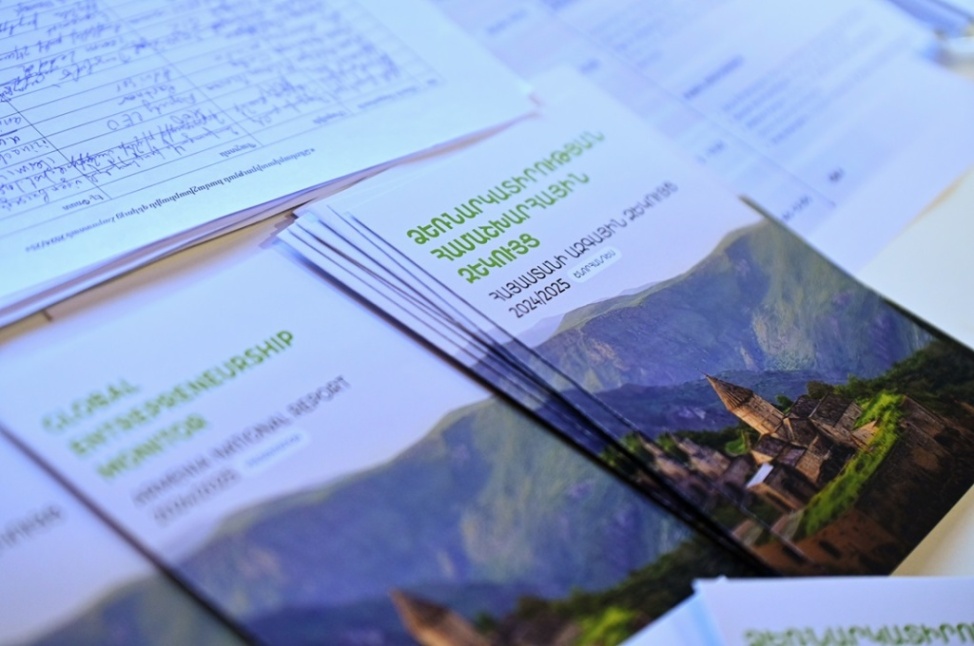Political analyst: international community should condemn violation of ceasefire agreement in Karabakh
26.01.2011,
02:38
International community should condemn cases of violation of the ceasefire agreement on Karabakh, Tevan Poghosyan, executive director of International Human Development Center, said Tuesday in Novosti International Press Center at the Yerevan-Moscow video
YEREVAN, January 25. /ARKA/. International community should condemn cases of violation of the ceasefire agreement on Karabakh, Tevan Poghosyan, executive director of International Human Development Center, said Tuesday in Novosti International Press Center at the Yerevan-Moscow video conference focused on settlement of Karabakh conflict.
He said that international community should take a clearer stance on these cases.
Poghosyan said it would be better name wrongdoers instead of obscure statements such as “we call on both sides not to fire” repeatedly made by Peter Semneby, EU special envoy for South Caucasus.
The political analyst also said that the international community should call not to sell arms to the conflicting sides.
In his opinion, this would be some contribution to observance of the ceasefire agreement.
Poghosyan also said media outlets gave no statistics on such cases when the agreement was in force, “while now many news agencies report how many times and from which side fire comes”.
He said that the current firing practice on the contact line sometimes transforms into combat firing.
Karabakh conflict broke out in 1988 when Karabakh, mainly populated by Armenians, declared its independence from Azerbaijan.
On December 10, 1991, a few days after the collapse of the Soviet Union, a referendum took place in Nagorno-Karabakh, and the majority of the population (99.89%) voted for secession from Azerbaijan.
Afterwards, large-scale military operations began. As a result, Azerbaijan lost control over Nagorno-Karabakh and the seven regions adjacent to it.
Some 30,000 people were killed in this war and about one million people fled their homes.
On May 12, 1994, the Bishkek cease-fire agreement put an end to the military operations.
Since 1992, talks brokered by OSCE Minsk Group are being held over peaceful settlement of the conflict. The group is co-chaired by USA, Russia and France. -0---
He said that international community should take a clearer stance on these cases.
Poghosyan said it would be better name wrongdoers instead of obscure statements such as “we call on both sides not to fire” repeatedly made by Peter Semneby, EU special envoy for South Caucasus.
The political analyst also said that the international community should call not to sell arms to the conflicting sides.
In his opinion, this would be some contribution to observance of the ceasefire agreement.
Poghosyan also said media outlets gave no statistics on such cases when the agreement was in force, “while now many news agencies report how many times and from which side fire comes”.
He said that the current firing practice on the contact line sometimes transforms into combat firing.
Karabakh conflict broke out in 1988 when Karabakh, mainly populated by Armenians, declared its independence from Azerbaijan.
On December 10, 1991, a few days after the collapse of the Soviet Union, a referendum took place in Nagorno-Karabakh, and the majority of the population (99.89%) voted for secession from Azerbaijan.
Afterwards, large-scale military operations began. As a result, Azerbaijan lost control over Nagorno-Karabakh and the seven regions adjacent to it.
Some 30,000 people were killed in this war and about one million people fled their homes.
On May 12, 1994, the Bishkek cease-fire agreement put an end to the military operations.
Since 1992, talks brokered by OSCE Minsk Group are being held over peaceful settlement of the conflict. The group is co-chaired by USA, Russia and France. -0---



